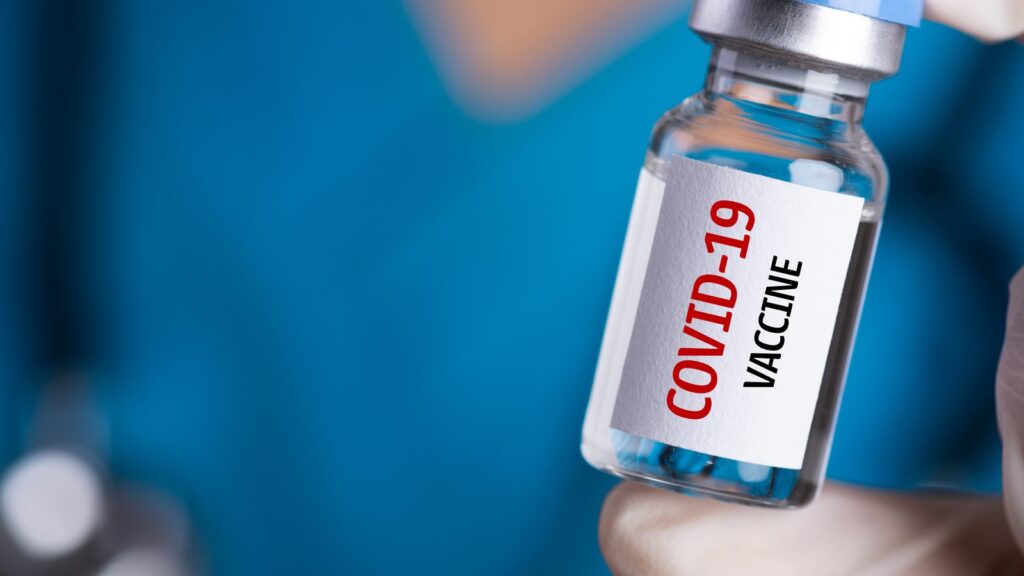Written by: Dr. Puspita Hossain, Member, YPF Healthcare Network
There is a piece of news out today (June 22, 2021) that the government is planning to buy 70 million doses of J&J’s Janssen vaccine through COVAX, which will arrive in June 2022. It has also been published that the government was offered both Moderna and J&J, and it chose to get J&J as it is a single dose vaccine. The vaccine will be bought using the fund from Asian Development Bank (the negotiations were recently finalized, and the government will be getting $940 million for vaccine-related activities).
So why J&J and not Moderna? What are the differences, pros and cons? Before we delve into that, let us keep in mind that most vaccines are approved for adults (18+ years) except for Pfizer, which has been approved for kids older than 12 years, and all of these vaccines have specific guidelines for storage and distribution.
Any drug/medicine/ vaccine goes through 4 phases of a clinical trial. In the third stage, efficacy is tested. Moderna and Pfizer were tested for symptomatic COVID infection, whereas J&J was tested for whether one dose of vaccine protected against moderate to severe infection. Essentially, the outcomes are a bit different, so only comparing the efficacy of ~95% and ~66% does not provide enough justification for not using it. Also, J&J has proven quite efficacious against the beta variant (the one first found in South Africa).
J&J is ~85% protective against severe diseases, which is quite good if one considers that the mortality rate is higher among those severely affected. Moreover, it is not yet clear if any of the vaccines prevent asymptomatic infections, or what the effect of the vaccine is on the transmission of the virus.
The number of doses: J&J is a single dose vaccine (though they are running trials on the second dose), whereas Moderna and Pfizer require two doses. Considering Bangladesh is a resource constraint LMIC, conducting a nationwide second dose program is not impossible; however, it is human, technical and financial resource intensive. The resource probably could be better utilized in developing other areas (e.g. infrastructure, procurement) essential for COVID management and prevention.
Side effects: In the case of most vaccines, the side effects have been rare. Moderna and Pfizer can trigger an extreme allergic reaction (immune response called anaphylaxis) – which is more common among people who already have a history of severe allergies. In the case of J&J, some people may develop thrombotic events (events related to blood clotting), which is rare but can be potentially serious. It is not clear how it is related to vaccination, and further investigation is being done. The USA initially suspended vaccination by J&J vaccine but has resumed since April.
Storage requirements: Moderna and Pfizer require an elaborate cold chain mechanism for storage AND distribution. For a resource constraint country like ours, it is an essential determinant regarding which vaccine to procure. Establishing a cold chain that can store and distribute Moderna vaccine (Pfizer is even more difficult to store as it requires ultra-low temperature) is not possible within a short period. Whether it is being given in a Sadar or tertiary hospital, the vaccine must be kept at a certain temperature (-20 degree C for Moderna, -70 degree C for Pfizer). J&J, on the other hand, can be kept at regular fridge temperature in dry form.
Shelf-life: The other thing that needs to be considered is the shelf-life of these vaccines. J&J’s vaccine can be stored at room temperature for 12 hours when the vial is intact (not yet punctured). After the first dose is withdrawn, the vial can be stored in a fridge for six hours. On the other hand, a vial of the Pfizer vaccine must be used within five days after thawing from ultra-low temperature. Moderna can be kept for 30 days at fridge temperature and at room temperature for 12 hours.
Again, distributing the vaccines from central storage to peripheral vaccine centres is feasible for J&J and quite impossible for Moderna and/ or Pfizer vaccines.
All in all, Bangladesh is taking a calculated risk. The government has taken a timely decision; however, there is scope to discuss further and consider other points and love to hear what you are thinking.
References:
- https://www.thedailystar.net/frontpage/news/govt-buy-single-dose-jj-vaccine-2115501
- https://www.who.int/news/item/15-06-2021-updated-pfizer-biontech-moderna-and-janssen-vaccine-recommendations
- https://www.yalemedicine.org/news/covid-19-vaccine-comparison
- https://www.cdc.gov/coronavirus/2019-ncov/vaccines/different-vaccines.html
